CBS Students strongly advises students against working for CBS during intro
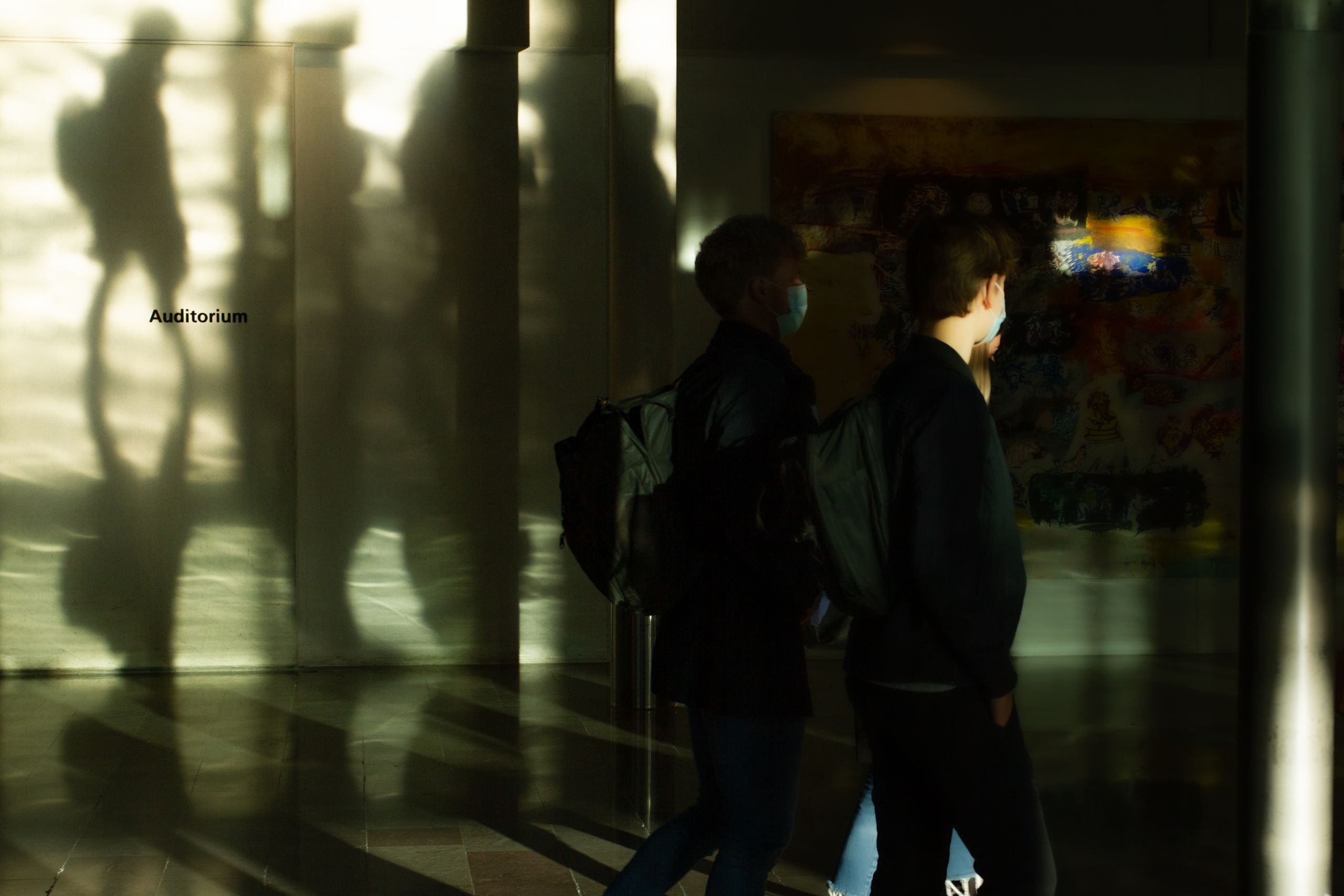
(Photo: Anna Holte)
In a new podcast produced by CBS Students, tutors from this year’s intro week share their experiences of how CBS has handled their intro cases. For the second time, CBS Students criticizes CBS and sees a general mistrust in students at around intro time. Now, “for the first time in 1.5 years” CBS Students is experiencing a “willingness” from Senior Management to listen. CBS WIRE has presented the Dean of Education with the criticism.
The tone of voice is harsh in CBS Students’ new podcast on CBS’ handling of an intro case from this semester involving several CBS students.
In the introduction to the podcast, Vice President of CBS Students, Simon Lindebjerg Jensen, describes the process as an “attack” on the students from CBS and says this semester CBS is “trying to tighten the screws”.
“It’s time to speak up about how Copenhagen Business School is treating its students,” he ends the introduction to the podcast.
The case, which was eventually dropped, was, according to CBS Students, triggered by an anonymous email sent to the President of CBS, Nikolaj Malchow-Møller, stating that a group of tutors were planning a disguised cabin trip. (See fact box)
The podcast describes that the students were called to attend a virtual meeting within the hour, but without being given any information as to why they were being summoned. Three weeks after the virtual meeting, the students were of the belief that everything was OK, until they received a call to attend a hearing to be held two days later.
The students interviewed in the podcast describe the process as “stressful”, “a punch in the stomach”, and “an attack on my person”.
Last semester, CBS Students delivered harsh criticism of CBS’ Senior Management for the handling of 97 intro cases related to the intro program in 2019. They asked that the process should be changed, and cases handled with more care and respect for the individual intro guides and coordinators.
With the new intro case, CBS Students felt a need to speak up in ways it has not done previously.
“Last year, we pinpointed many aspects of the legal process that had to be changed, and it does not seem that CBS has taken note of any of it. So now we are taking different measures and speaking a little louder,” says Simon Lindebjerg Jensen.
Sarah Diemar, President of CBS Students, hopes that “the Senior Management will take the time to listen to the podcast and understand what the students go through”.
“One of the reasons why this case hits CBS Students so hard is that it’s a matter of process. We asked questions about the process last year, that later showed to be fully legitimate criticism backed up by the Danish legal system. Now we’re seeing the same kind of process-related hastiness, and mistakes are repeated,” she says and continues:
“There’s a lack of general care for the students, who become symbols of something bigger in hasty, administrative decisions, made without any thought about the long-term consequences they will cause for students. The students are put in an extremely uncertain situation, without an overview of what to expect. Simply because CBS has not yet decided on a structure and reacts in the moment.”
Change of contracts
The legal process is one aspect of the criticism from CBS Students.
This semester, the tutors not only had to juggle restrictions imposed by coronavirus, but also a new format. With the new format came new contracts with new rules for the students to adhere to.
And the content of the contracts made students hesitant to sign them, Simon Lindebjerg Jensen says in the podcast and explains that CBS’ administration had to make a Q&A sheet for the students covering the content of the contracts.
“We need to move to a place where we have a clear process and clear guidelines. The students need clarity from day one, so that students who sign up know what they can and cannot do. There must be open lines of communication,” says Sarah Diemar and continues:
“The students are adults and willing to communicate, so it provokes me that we don’t see this communication the other way around. It’s about reestablishing respect for the people who work so hard for intro. CBS would never treat a regular employee like this.”
In Sarah Diemar’s opinion, CBS and the students engaged in intro have already come a long way in terms of changing the format and culture connected with intro. A process that was started around semester start 2016 with a new set of rules for ethical behavior during intro courses.
However, it seems to her that CBS cannot let go of the past and maintains a suspicious attitude towards its students concerning intro, she points out.
“I’m afraid CBS sometimes look at the students as a pure stereotype and in that regard has lost respects for its students. This causes a general mistrust, especially when intro is approaching,” she says and continues:
“We acknowledge that there were issues that needed to be dealt with, but the mistrust towards the students has become so extensive that CBS would rather cancel intro altogether than fix it.”
Therefore, the conclusion and message to students from CBS Students are unambiguous.
“Do not engage in intro in any manner! If you do so, you will be subject to ridiculously strict rules without much clarification or explanation. The rules are based on others’ view of the world and their understanding of your actions. Even if you follow the rules, someone might misinterpret your behavior, and if so, you will not receive any benefit of the doubt. Instead, you will be treated like a criminal even before any facts about the specific case have been collected,” Simon Lindebjerg Jensen ends the podcast.
Sarah Diemar supports this message.
“The students are to take care of themselves. Even students who did their utmost to adhere to the rules ended up in this situation. I don’t understand why anyone wants to sign a contract with an organizer where you are not certain about what you are signing. I won’t recommend becoming a tutor, unless things change,” she says.
An opening
And maybe things will change. Sarah Diemar and Simon Lindebjerg Jensen have had a meeting with Gregor Halff, the Dean of Education, where they both experienced an openness to discuss the problem.
“He was listening and asked us how to approach such cases, if not the way CBS is doing it at the moment. Because, of course, we need to take complaints seriously, but the steps that follow are what we need to discuss. There was a willingness to look into this,” says Simon Lindebjerg Jensen.
Sarah Diemar adds:
“I’m still waiting for an apology from last year, but this year it’s different, as we have been in dialogue with CBS’ management about the problems and that the communication to the students is simply not good enough. I had a feeling, for the first time in 1.5 years, that we were listened to. It was an honest dialogue, and we need the same dialogue with the students,” says Sarah Diemar and explains that a process has been set in motion.
CBS WIRE reached out to Gregor Halff for an interview about the criticism raised in the podcast and by CBS Students. For example, CBS WIRE asked whether CBS would consider communicating differently to the students subject to legal cases, and whether the legal process will be changed based on the criticism voiced by CBS Students.
Rather than answering the questions posed, Gregor Halff writes in an email to CBS WIRE:
“The most recent intro was a clear improvement (in difficult 2020 circumstances), not least thanks to a student-driven cultural shift and great work of the volunteers. This is an opportunity to keep working together and I see CBS students as having a role and responsibility here.”



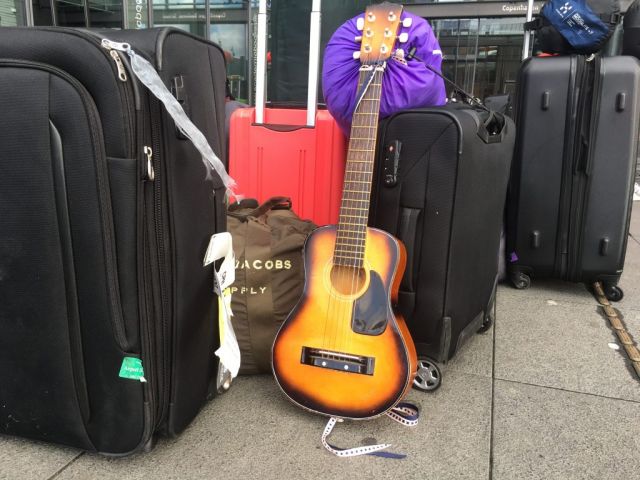
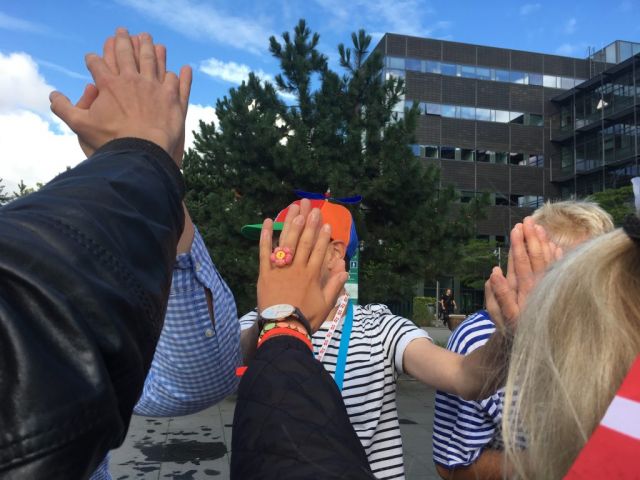
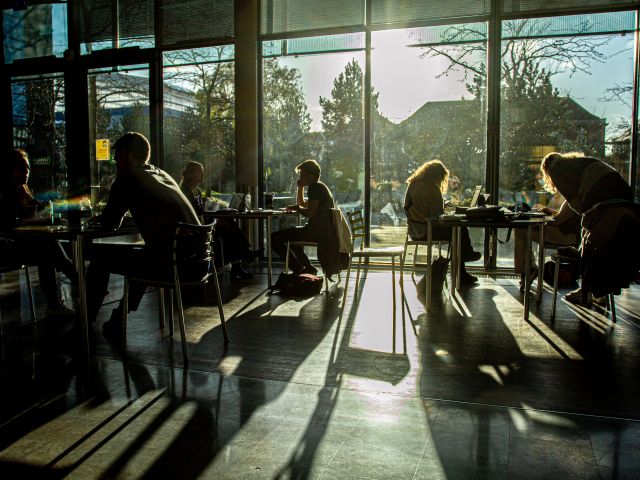
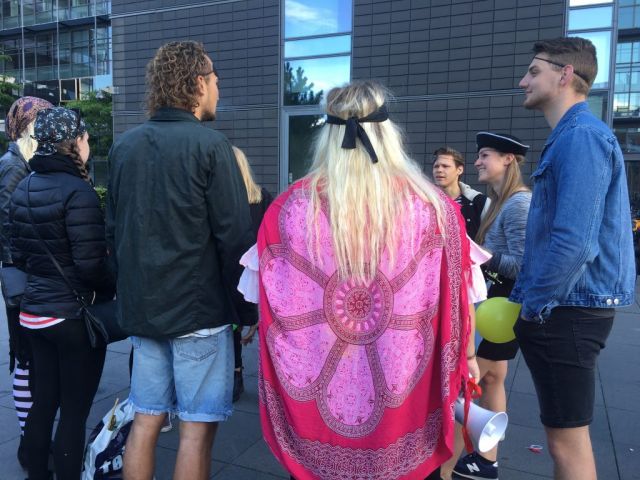
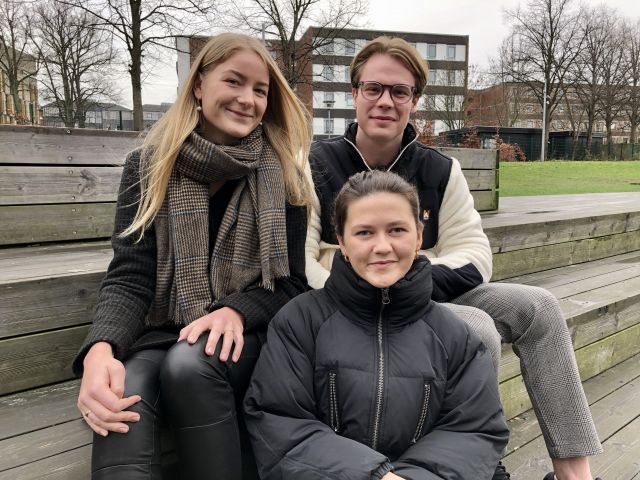
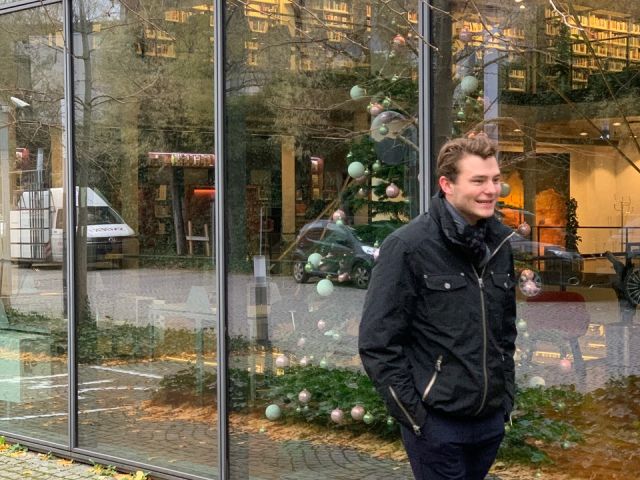
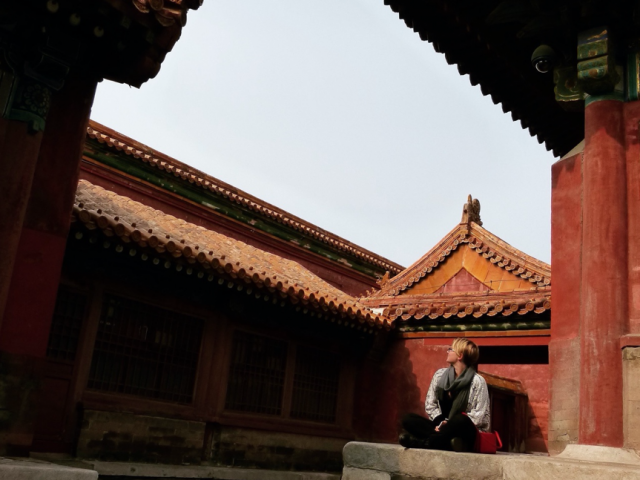




























































































































Comments